Different Types of Pronouns Worksheets
Pronouns worksheets are a valuable resource for both educators and students alike. These worksheets provide an interactive and engaging way for students to practice and reinforce their understanding of pronouns. Whether you are an English teacher looking to enhance your lesson plans or a student seeking extra practice, pronoun worksheets offer a variety of exercises and activities to help solidify your understanding of this essential grammatical concept.
Table of Images 👆
More Other Worksheets
Kindergarten Worksheet My RoomSpanish Verb Worksheets
Cooking Vocabulary Worksheet
DNA Code Worksheet
Meiosis Worksheet Answer Key
Art Handouts and Worksheets
7 Elements of Art Worksheets
All Amendment Worksheet
Symmetry Art Worksheets
Daily Meal Planning Worksheet
What is a pronoun?
A pronoun is a word that is used to replace a noun in a sentence to avoid repetition and make the sentence clearer and less cumbersome. Pronouns can refer to a specific person, thing, or group without stating their name or identity explicitly.
What are personal pronouns?
Personal pronouns are pronouns that refer to individuals or groups in a conversation. They can be used to replace nouns to avoid repetition and to make sentences more concise. Personal pronouns include words like "I," "you," "he," "she," "it," "we," and "they.
What are possessive pronouns?
Possessive pronouns are pronouns that show ownership or possession of something. They include words such as "mine," "yours," "his," "hers," "its," "ours," and "theirs." These pronouns are used to indicate that something belongs to a specific person or group.
What are reflexive pronouns?
Reflexive pronouns are pronouns that are used to refer back to the subject of the sentence. They end in "self" or "selves" and indicate that the subject of the sentence is also the object of the verb. Reflexive pronouns are used to show that the action of the verb is being done to the subject itself. Examples of reflexive pronouns include "myself," "yourself," "himself," "herself," "itself," "ourselves," "yourselves," and "themselves.
What are demonstrative pronouns?
Demonstrative pronouns are words used to point to or identify a specific person or thing. Examples of demonstrative pronouns include "this," "that," "these," and "those." These pronouns can refer to something nearby ("this" and "these") or something farther away ("that" and "those").
What are indefinite pronouns?
Indefinite pronouns are pronouns that do not refer to any specific person, thing, or amount. They are used to refer to unspecified or non-specific people or things. Examples of indefinite pronouns include "someone," "anything," "everyone," and "nothing.
What are interrogative pronouns?
Interrogative pronouns are pronouns that are used to ask questions. These pronouns include "who," "whom," "whose," "what," and "which." They help to gather information by pointing to the person or thing being referred to in a question.
What are relative pronouns?
Relative pronouns are words used to introduce a dependent clause that gives more information about a noun in a sentence. Common relative pronouns include "who," "whom," "whose," "which," and "that," and they help connect the dependent clause to the main clause in a sentence. These pronouns help provide clarity and cohesion in writing by showing the relationship between different parts of a sentence.
What are reciprocal pronouns?
Reciprocal pronouns are pronouns used to indicate an action that is done by two or more people to each other. Examples of reciprocal pronouns include "each other" and "one another". They are used to show that the action is mutual between the subjects involved.
What are intensive pronouns?
Intensive pronouns are pronouns that are used to emphasize a noun or pronoun in a sentence. They are formed by adding "-self" (singular) or "-selves" (plural) to other pronouns, such as "myself," "yourself," "himself," "herself," "itself," "ourselves," "yourselves," and "themselves." These pronouns do not serve a grammatical function but rather add emphasis or intensify the action of the subject in the sentence.
Have something to share?
Who is Worksheeto?
At Worksheeto, we are committed to delivering an extensive and varied portfolio of superior quality worksheets, designed to address the educational demands of students, educators, and parents.

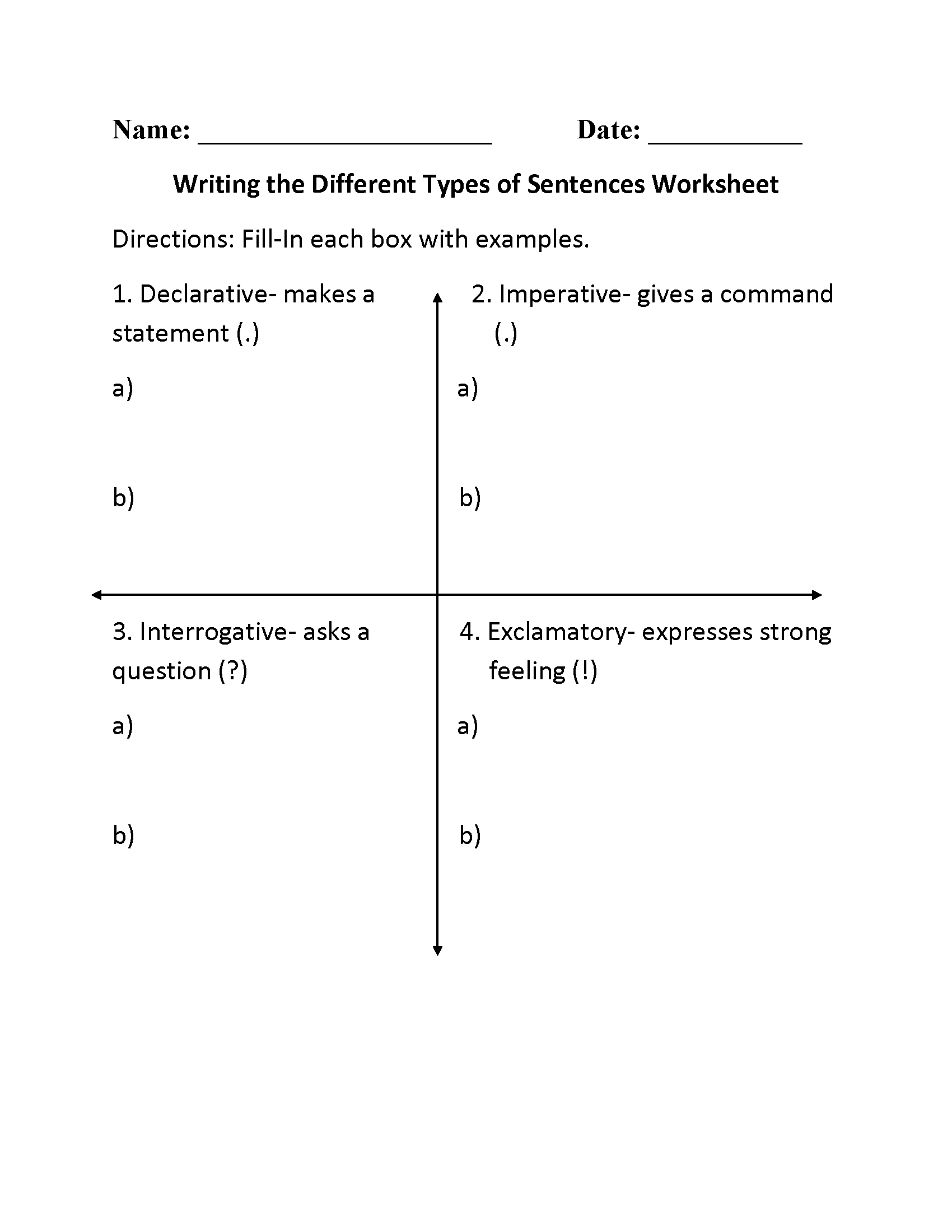



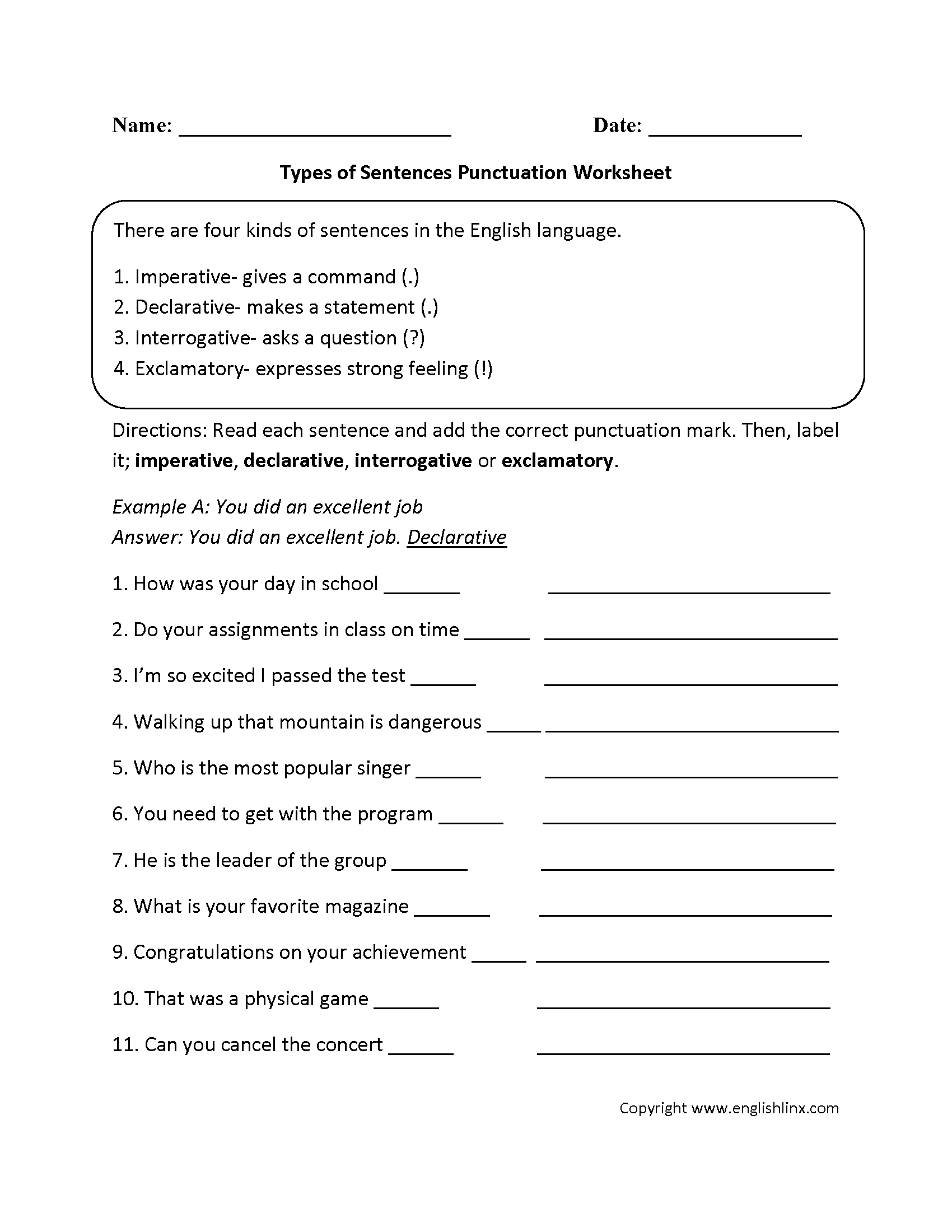
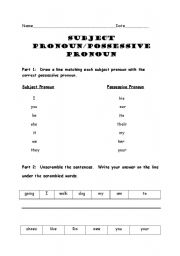
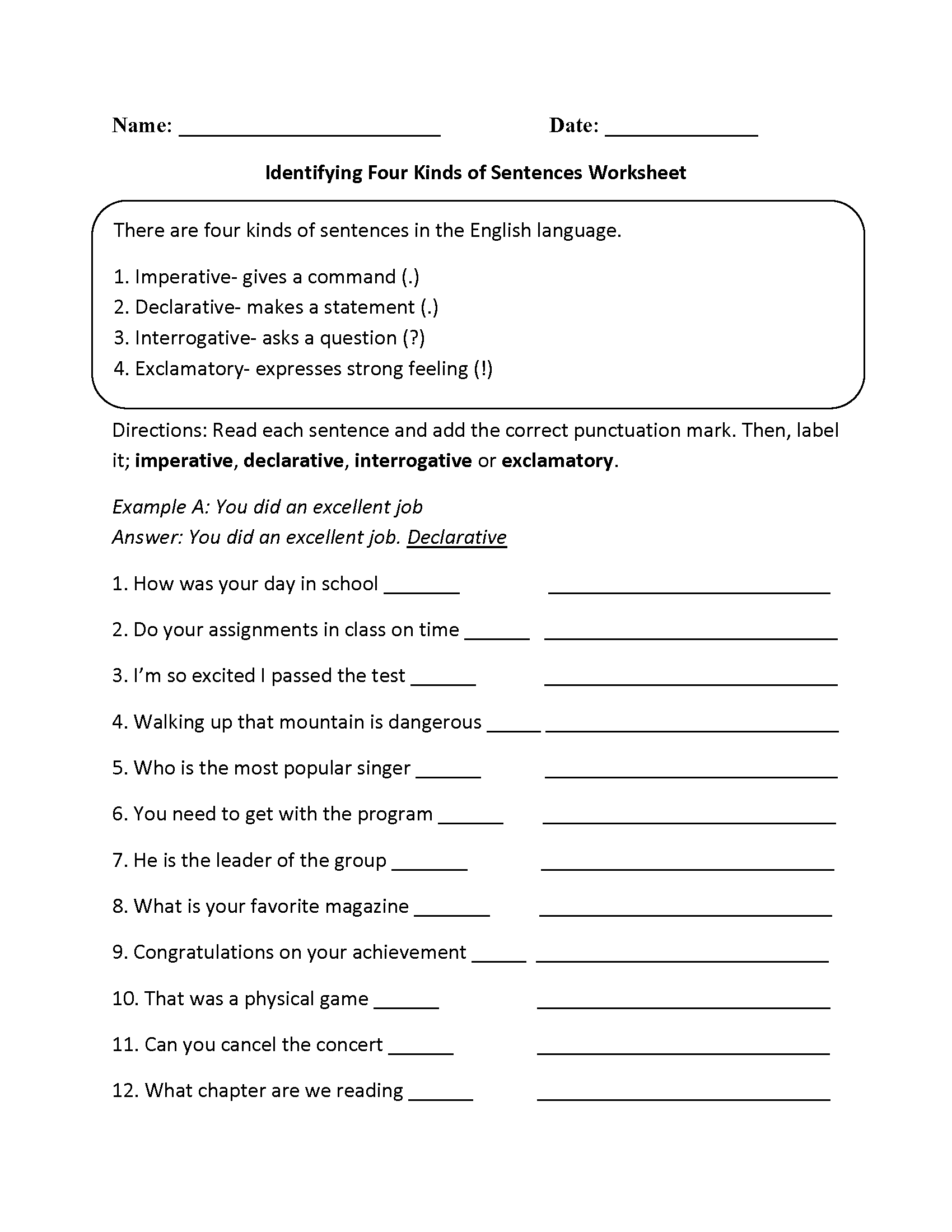
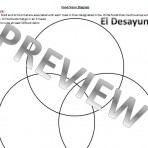
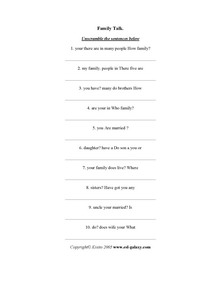
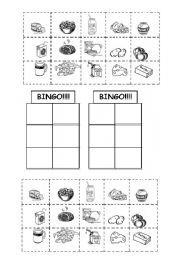
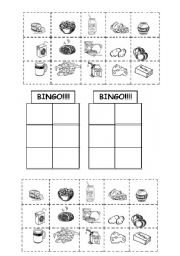
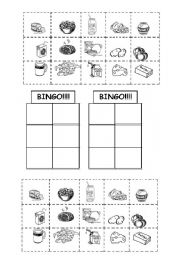
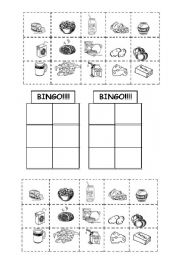
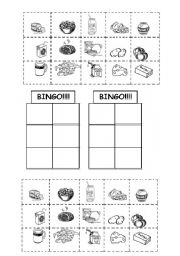
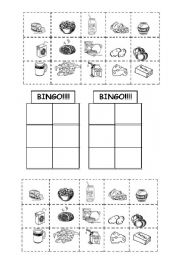
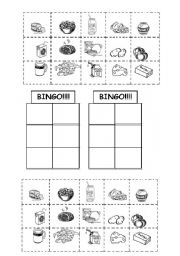
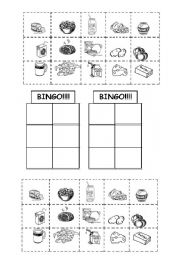
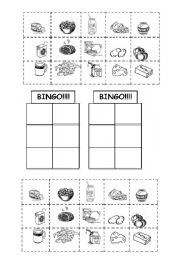
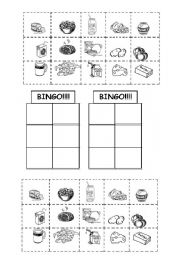
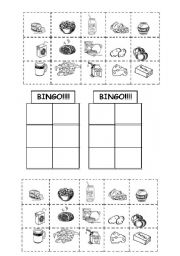














Comments